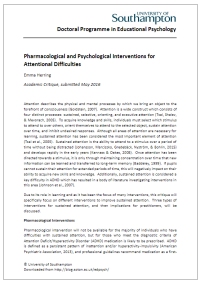Authors: Ffion Davies, Cora Sargeant & Sarah Wright
Published: 2025
Publication: Educational and Child Psychology
Aims. Homophobic name-calling continues to be common in some schools and friendship groups and is often perceived as innocuous ‘banter’ among friends rather than homophobic bullying. Research suggests that homophobic-name-calling in adolescent friendship groups is used to police masculinity rather than sexuality and is used to enforce conformity to traditional gender norms. This paper seeks to further explore this phenomenon.
Method. This review is the first to quantitatively measure the relationship between masculinity and homophobic-name-calling in adolescents using a meta-analysis and narrative synthesis.
Findings. The meta-analysis showed a statistically significant relationship between masculinity and homophobic-name-calling. Findings from the narrative synthesis indicate that several factors interact within this relationship, including peer groups and bullying.
Limitations. This is a comparatively small meta-analysis, due to the limited quantitative research in this field. Further, all but one of the studies included were conducted in the USA therefore it may be difficult to generalise findings.
Conclusions. Findings from this meta-analysis and narrative synthesise suggest there are two functions of homophobic-name-calling; the first being banter within peer groups and the second as a direct form of homophobic bullying. Importantly, both functions of homophobic-name-calling are rooted in the policing of masculinity.
Davies, F., Wright, S. & Sargeant, C. (2025). Adolescent Masculinity and Homophobic-Name-Calling: A Systematic Review and Meta-Analysis Educational and Child Psychology, 42(2), 102-119. https://doi.org/10.53841/bpsecp.2025.42.2.102
Download (pre-publication version)

